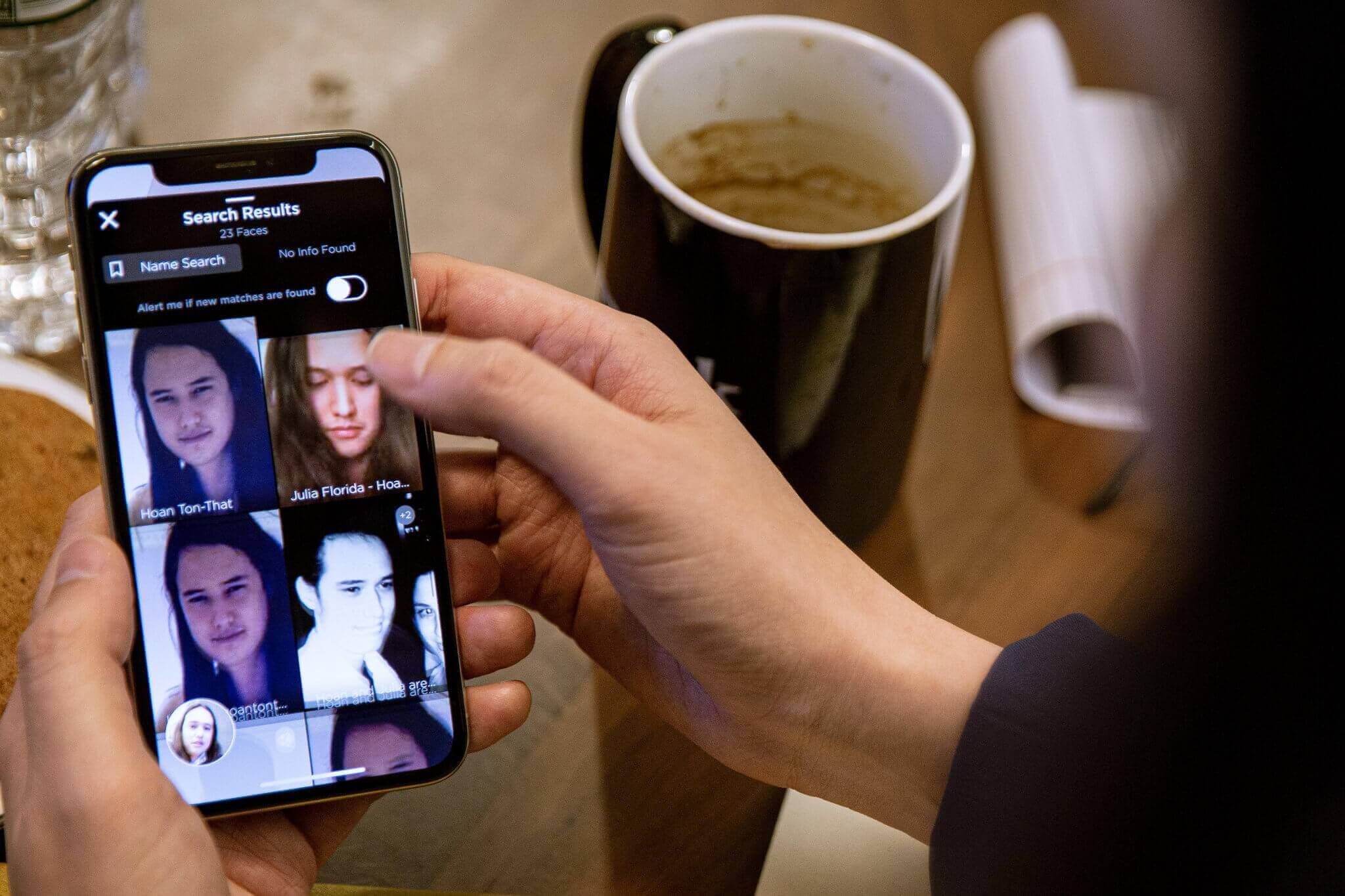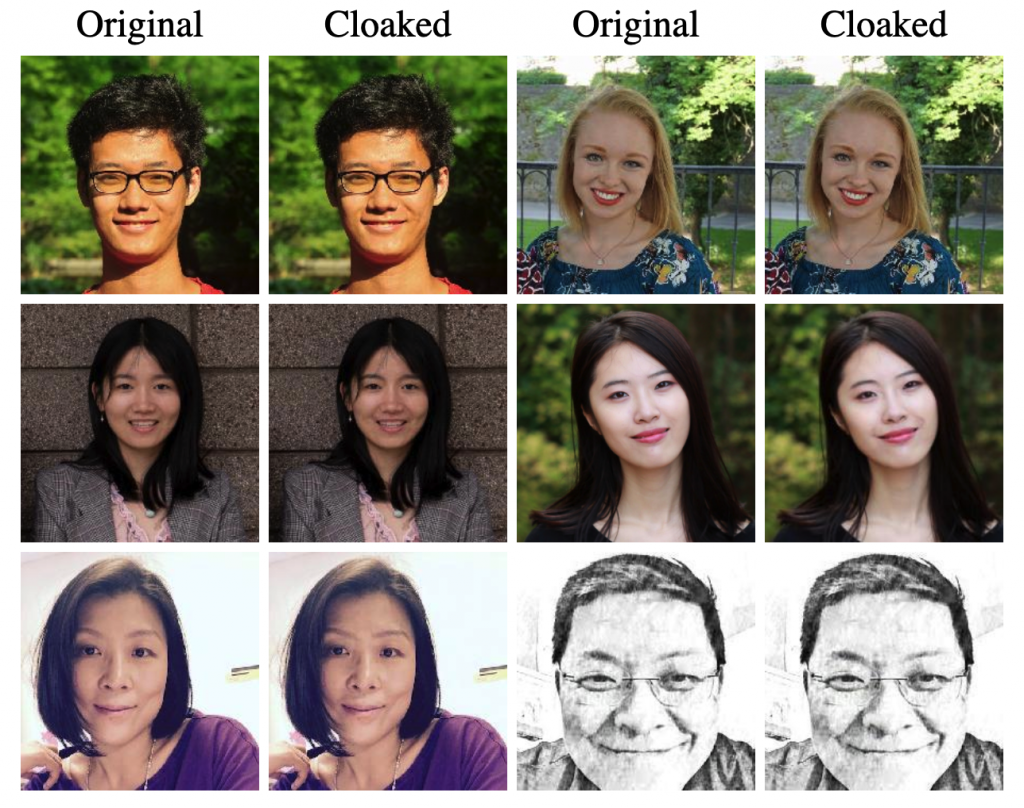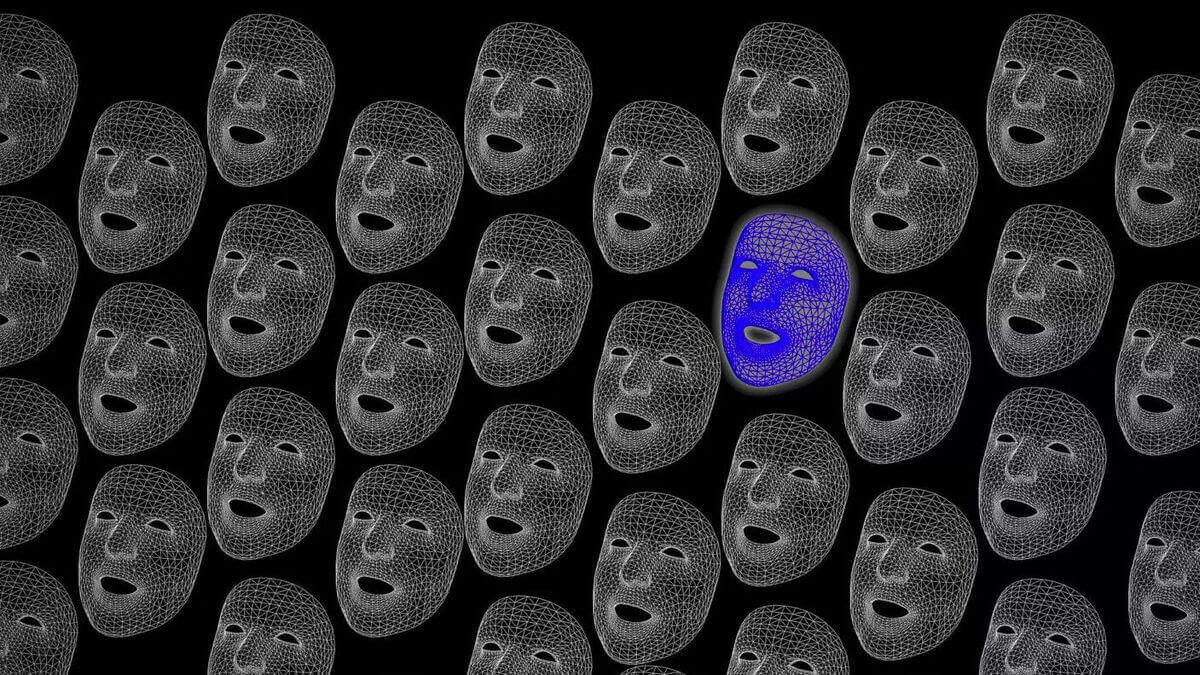The big picture: Face recognition is quickly becoming one of the biggest threats to our privacy, with many startups looking to create commercial services around this technology while exploiting the immense number of photos we’ve uploaded online. There is a solution to this problem, but its effectiveness will ultimately depend on big platforms adopting it.
Facial recognition technology has evolved so fast that its uses have become a real concern for many consumers who see this as yet another intrusion into their lives. Last week, it was revealed that drug store chain Rite Aid had been using face recognition to make it easier to identify shoplifters, with a rather discriminatory focus on regions where there’s a higher concentration of people with low income or people of color.
Wearing a mask can throw off some of the most advanced facial recognition tech that’s in use today, but even that could soon change with new solutions that use publicly available mask selfie data sets to retrain AIs. Even as the face recognition space has seen some companies like IBM retreat from it as a result of increased scrutiny from regulators and privacy groups, there’s a case to be made that we need new legislation and some form of protection against companies that abuse this new technology.

Take the example of Clearview AI, which has been scraping photos of people from Twitter, Facebook, Google, and YouTube to create a facial recognition database. The company didn’t ask for permission from any of the users on these services and is said to have poor security practices, which is why it’s seen a fair share of lawsuits as of late.
A solution proposed by researchers at the University of Chicago comes in the form a software tool that gives people a chance to protect the images they upload online from being used without their permission.

The tool — dubbed Fawkes — takes advantage of the fact that machine learning models have to be fed lots of images in order to identify certain distinctive features of an individual with any degree of accuracy. Fawkes makes small pixel-level changes to your images that are imperceptible to the human eye but can effectively “cloak” your face so that machine learning models can’t work their magic.
For instance, researchers cloaked images of actress Gwyneth Paltrow using images of actor Patrick Dempsey’s face, which prevented a general adversarial network (GAN) from creating a model that worked to recognize Gwyneth Paltrow in uncloaked images. It even fooled face recognition systems from Facebook, Microsoft, Amazon, and Megvii.












